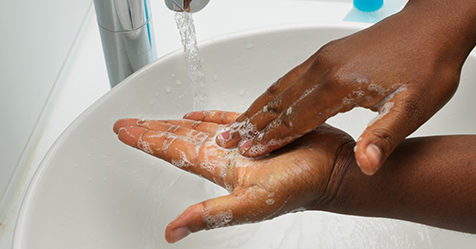CDC Advisors Vote Americans Must Talk to Doctors Before Receiving COVID-19 Vaccine
Northeastern alliance joins West Coast alliance in making its own vaccine recommendations
On Friday, CNN reported the Advisory Committee on Immunization Practices (ACIP) panel voted to shift away from a broad recommendation for COVID-19 vaccines to say that people who want a shot must consult with a healthcare provider. No prescription will be required though.
The panel met on Sept. 18 and 19 to consider whether to alter the nation’s childhood immunization schedule, which medical experts warn could lead to preventable deaths.
Moreover, the panel voted on Sept. 18 to change a recommendation on the combined measles, mumps, rubella, varicella (MMRV) vaccine, supporting separate instead of combined MMR and varicella shots for children under the age of 4. They also discussed hepatitis B vaccine timing but tabled a vote, CBS News reported.
Last week, seven northeastern U.S. states also banded together to form a new public health coalition that will make its own vaccine recommendations in response to the Trump administration’s changes to federal vaccine policy. The effort, called the Northeast Public Health Collaborative, resembles the West Coast Health Alliance collective—which issued its own vaccine recommendations on Sept. 17.
The Northeast Public Health Collaborative is comprised of New York, New Jersey, Pennsylvania, Connecticut, Massachusetts, Maine, and Rhode Island, while the West Coast Health Alliance includes California, Oregon, Washington, and Hawaii.
Both coalitions reflect an attempt to overcome federal limits on vaccine accessibility under the leadership of U.S. Health and Human Services Secretary Robert F. Kennedy (RFK)—a vaccine skeptic. In June, RFK fired all members of the Centers for Disease Control and Prevention’s panel of vaccine experts and later replaced them with his own advisers. Last week, RFK expanded the panel to 12, most of whom share his vaccine skepticism.


